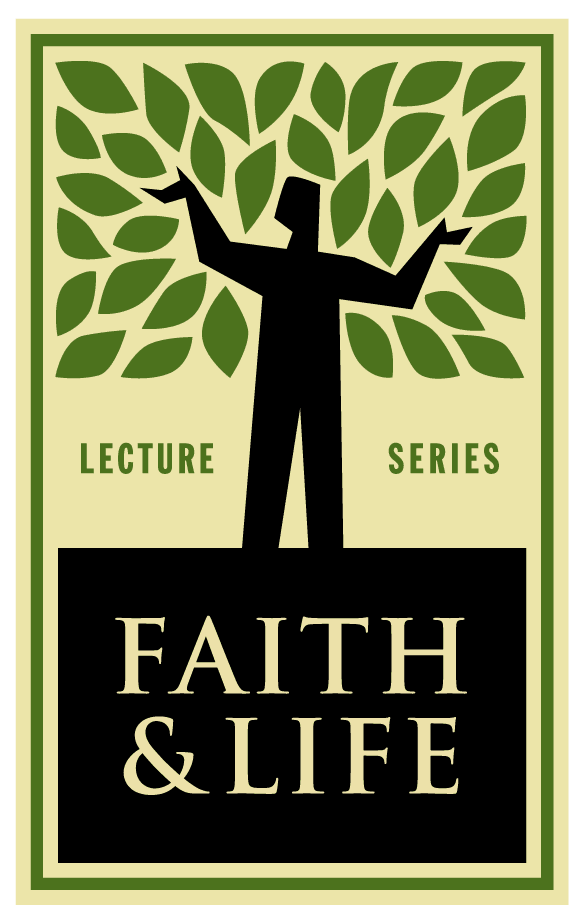Our Speakers

October 10 2013, 7:00 PM
Leonard Sax
St. Philip the Deacon
Faith & Girls and Boys: The Great Disappointment
Leonard Sax is a medical doctor who also holds a PhD in psychology. He practiced primary care medicine in the suburbs of Washington DC for 19 years before turning his focus to child and adolescent development. Since then, he has spoken on issues of child development throughout the world, appearing on the TODAY Show, CNN, PBS, NPR, and the BBC. He is the author of Why Gender Matters, Boys Adrift, and Girls on the Edge. Following is an overview of Dr. Sax’s presentation: Adolescence is about figuring out who you are and who you want to become. But American youth -– both girls and boys –- are having more and more difficulty making the transition to a productive and satisfying adulthood. One reason is because American popular culture has changed. As recently as 20 years ago, American popular culture still celebrated family, loyalty to friends, and honesty: think The Cosby Show. But researchers find that popular teen culture today – the culture of American Idol, The Voice, So You Think You Can Dance, The Simpsons, Family Guy, South Park –- is fundamentally different. Today’s popular culture values fame and wealth above all other goods. In the culture of Justin Bieber, Justin Timberlake, and Simon Cowell, betraying your friends and your family is reasonable, in some circumstances even admirable. A growing proportion of American boys and young men are adrift, more engaged in their video games than in the real world. A growing proportion of girls and young women are anxious, or depressed, or both. In this presentation we discover how the inflated dreams of fame -– dreams which are now pervasive and toxic among American children and teenagers -– often result in the Great Disappointment. In his presentation Dr. Sax will share strategies which other parents have deployed so as to help their son or their daughter develop an authentic sense of self; to value who they are rather than how famous they are or how many Facebook friends or Twitter followers they have; to be rather than to seem. What does “faith” mean in this context? How is it relevant?


